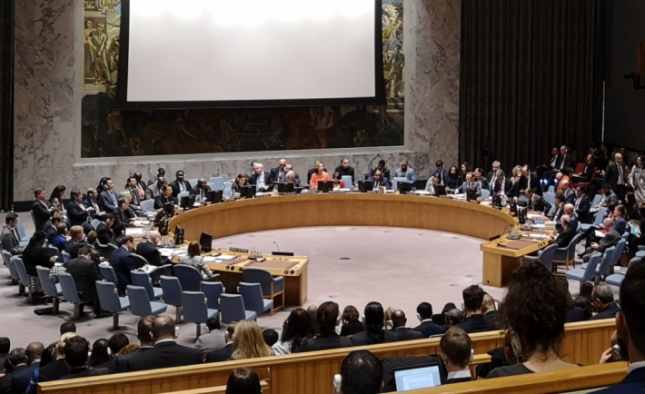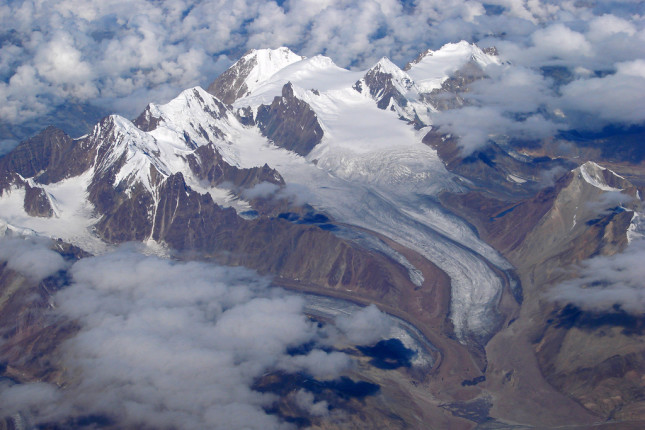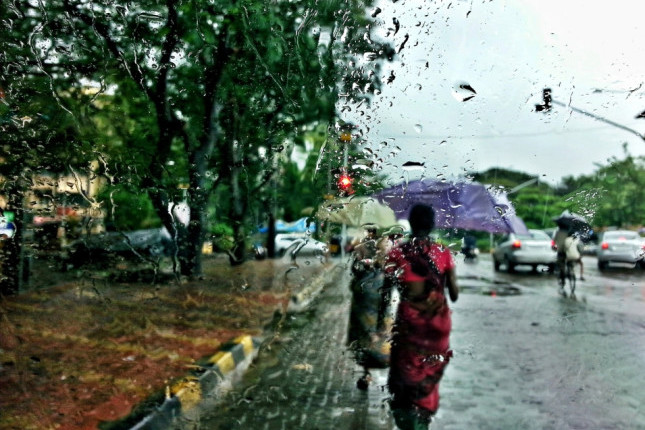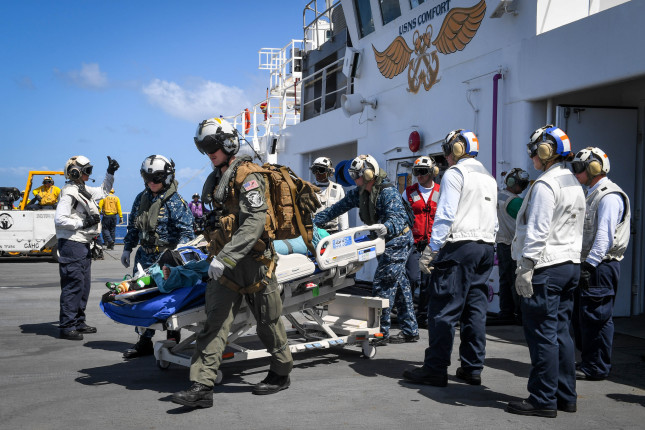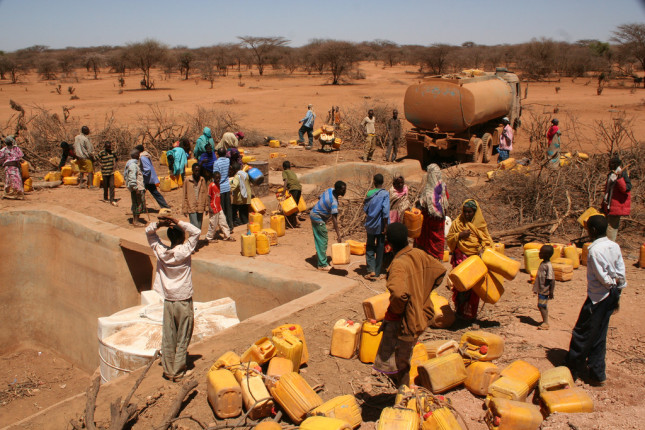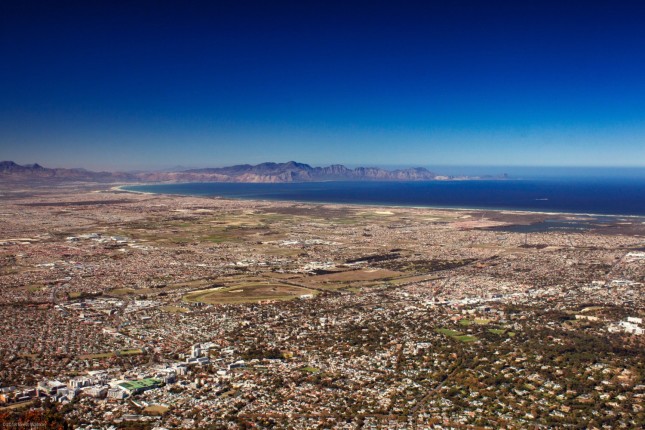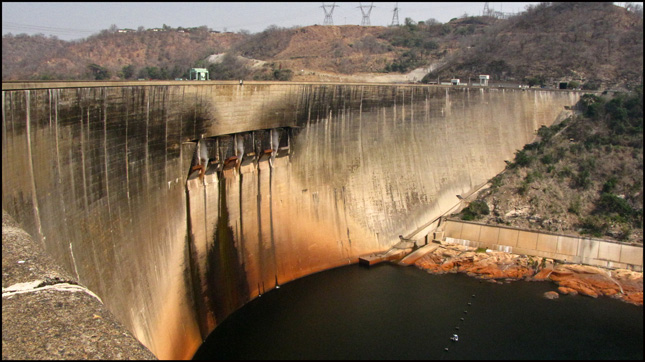-
To Mitigate Climate-Fragility Risks, Build Preventative Capacity in Fragile States
›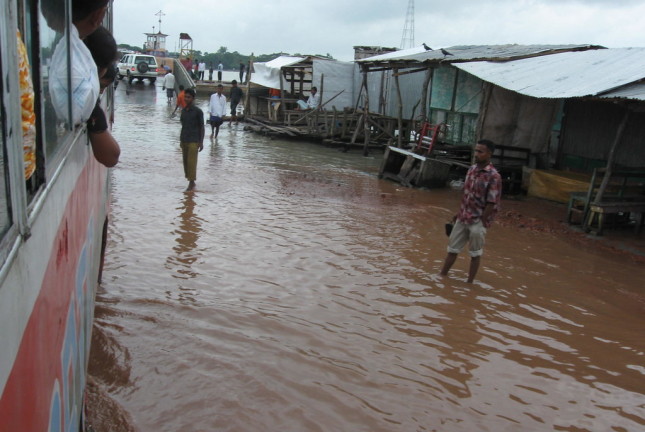
“When states face fragility and climate risks simultaneously, the risks and challenges are compounded,” according to The Intersection of Global Fragility and Climate Risks, a new global report commissioned by USAID, which was presented during a recent USAID Adaptation Community Meeting webcast. States facing major climate hazards, such as flooding, drought, and sea level rise, will be forced to contend with the cost of humanitarian and adaptation responses to mitigate the physical and livelihood risks threatening their populations. Fragile states struggling with issues of legitimacy in the social, economic, political, and security spheres may become overwhelmed by the process and cost of redirecting limited resources to address climate-induced disasters.
-
Security Council Debates how Climate Disasters Threaten International Peace and Security
›
On 25 January 2019, the UN Security Council held an open debate to discuss the security implications of climate-related disaster events. The meeting, initiated by the Dominican Republic, underscored the global nature of climate-related disasters. Most speakers highlighted the need for better climate risk management as an important contribution to safeguarding international peace and security. The debate marks the beginning of a year in which climate security ranks high on the UN’s agenda.
-
Snow and Ice Melt Patterns Help Predict Water Supply for Major Asian River Basins
›
“For the longest time we thought that water was forever renewable and that it would always be there,” said Gloria Steele, Acting Assistant Administrator for Asia with USAID, at a recent Wilson Center event on water security in High Asia. “We now know that is not the case, and we need to protect it and manage it effectively.”
-
Stormy Weather: Human Security Should Include Freedom from Hazard Impacts
›
It is imperative that countries adopt a human security approach to achieve “freedom from hazard impacts”—nationally through a scientific disaster risk reduction strategy and internationally through climate diplomacy.
-
Hurricane Maria’s Death Toll: Public Health Researchers Voice Frustration
›
Once again, we find ourselves witnessing another calamitous hurricane event in the United States, just weeks after a George Washington University report estimated that nearly 3,000 more people died in the 6 months following last year’s Hurricane Maria than would have without the hurricane. We have been here before, too many times. With each and every major disaster, the scientists who study public health in crises ask ourselves, is what we have learned and shared being taken seriously—or is it just being ignored? The response to Hurricane Maria, which devastated Puerto Rico last year, is just one more example where we have to ask if our work is valued by those who have the political power to improve public health. The staggering number of excess deaths—most of whom died after the storm—point to a deadly lack of prevention and preparedness, particularly in the public health system.
-
The Double Burden of Climate Exposure and State Fragility
›
The security implications of climate change emerged as an important area of concern in the mid 2000s in both policy circles and academia. Since then, there has been much research exploring causal pathways between climate phenomena and violent conflict, often with inconclusive or mixed results.
-
Cape Town’s Harrowing Journey to the Brink of Water Catastrophe
›
This is what a water panic looks like in a major global city.
People hoard water. They queue for hours, well into the night, to fill jugs at natural springs. Like mad Christmas shoppers, they clear supermarkets of bottled water. They descend on stockers before they can fill the shelves.
-
Big Dams, Big Damage: The Growing Risk of Failure
›August 21, 2018 // By Olivia Smith
Last month, a partially completed dam in Laos’ Attapeu province collapsed, washing away people and villages in its path. Hundreds of people are still missing and more than six thousand are homeless. And after last summer’s hurricanes, U.S. citizens in Houston and Puerto Rico escaped death but were forced to evacuate when dams were flooded. Dam failure can be catastrophic for people, property, and power—and the risks are rising, due to lack of investment in maintenance, growing vulnerability to climate change, and the demonstrated potential of cyberattacks.
Showing posts from category extreme weather.


